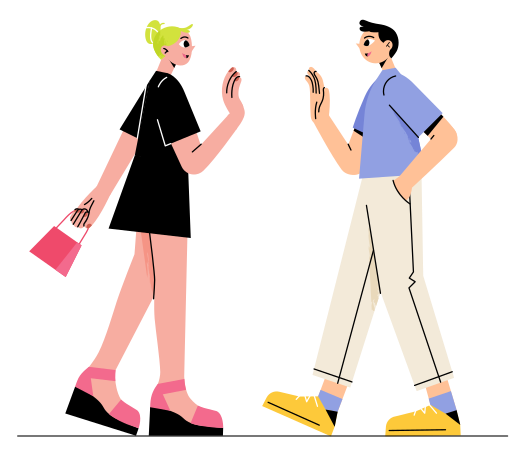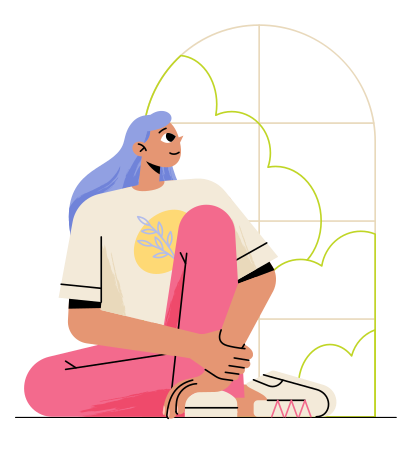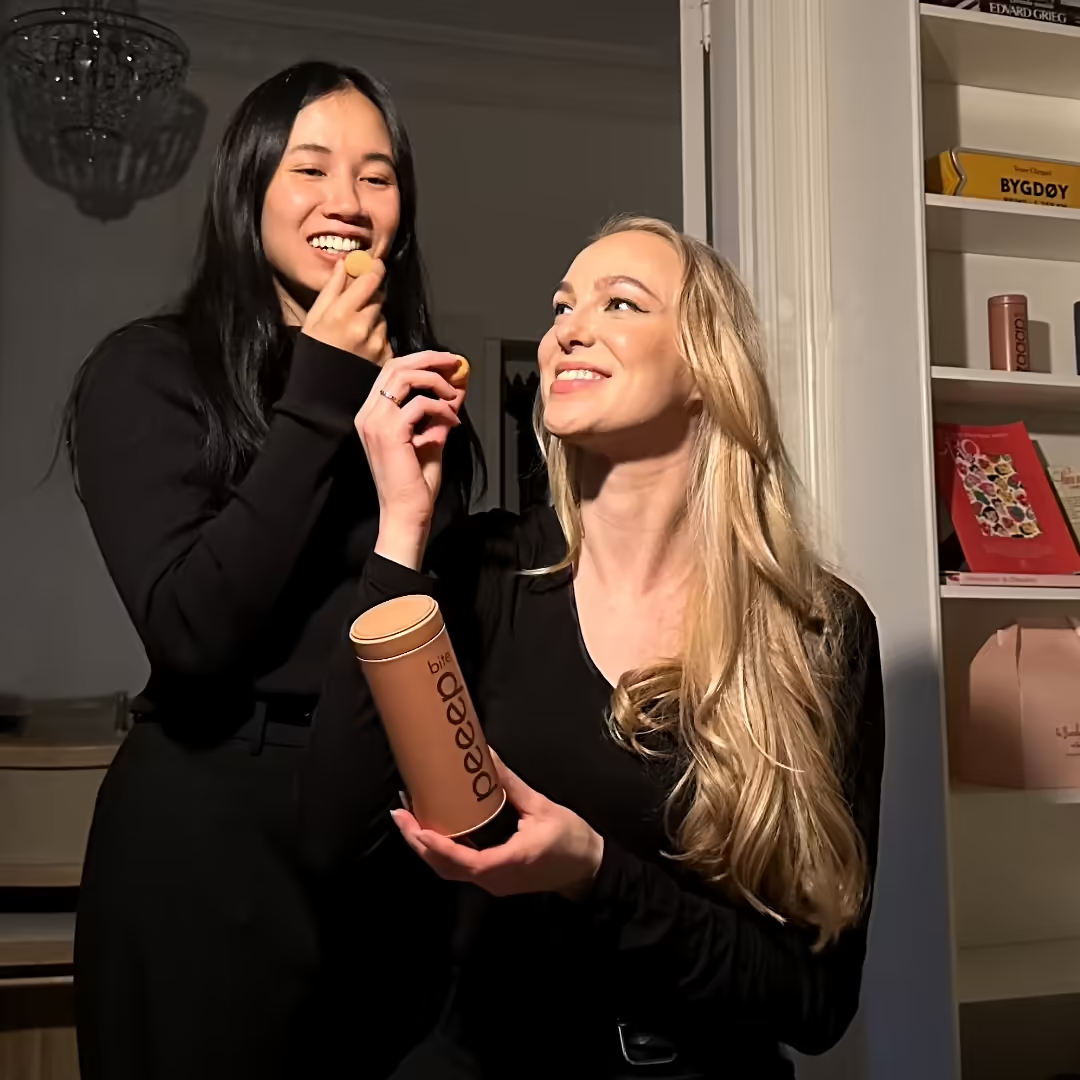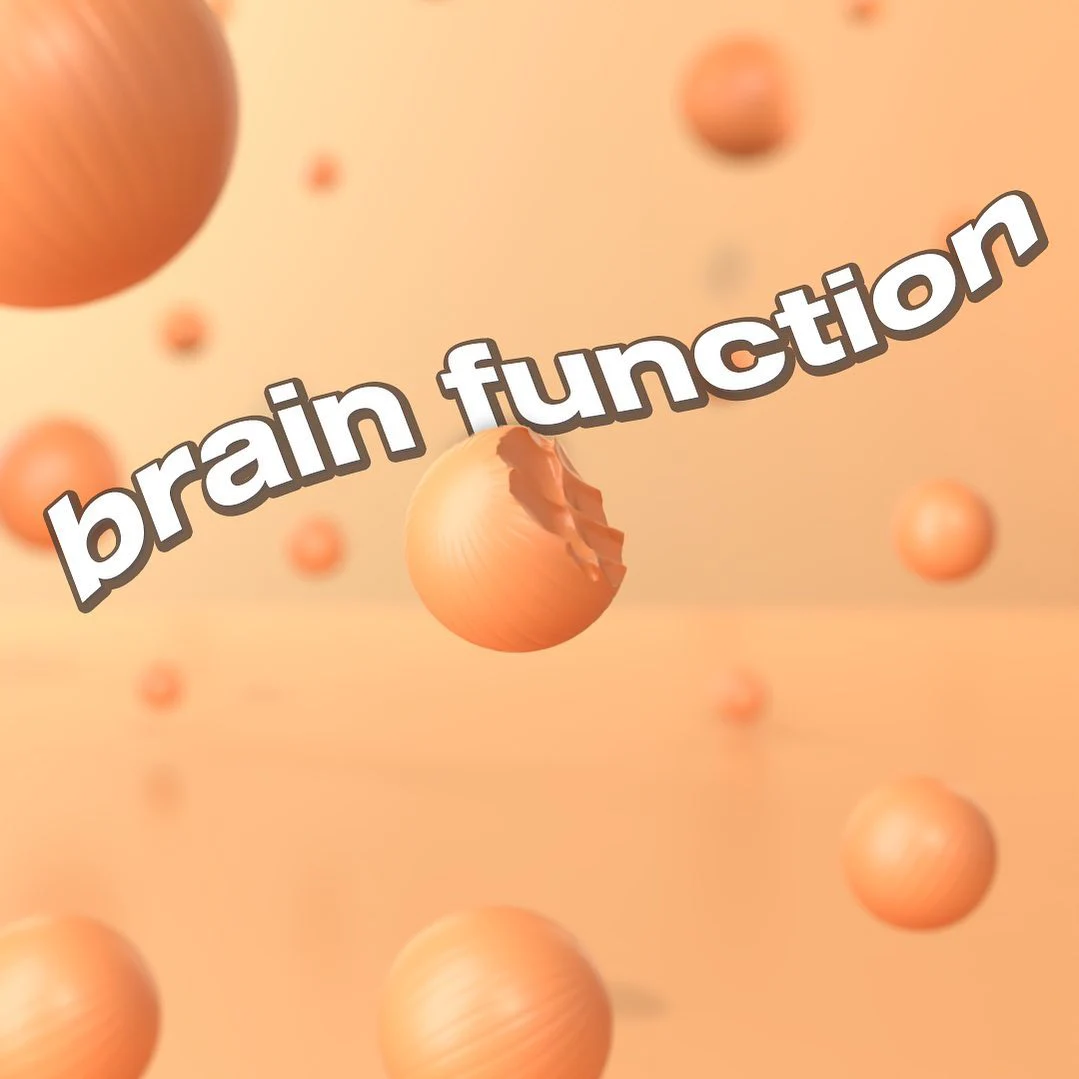🧡 Pre-Order now 🧡

There is an iconic scene in the 1988 movie Beaches in which Hillary, who is dying from viral cardiomyopathy, searches frantically for a photo of her mother’s hands. “I can’t remember her hands!” Hillary says to her best friend, CC. CC helps Hillary find the photo, then comforts her by saying, “I know everything there is to know about you, and my memory is long.” As CC walks away, Hillary whispers, “I’m counting on it.”
Although Hillary doesn’t state it directly, she has a fear of being forgotten. Hillary’s mother died when she was a girl, and her memories of her mother are hazy. Facing the inevitability of dying and leaving behind her own young daughter, Hillary worries that the details of her identity will also fade with time.
Athazagoraphobia is defined as the fear of being forgotten or ignored. Although it is not an official psychiatric diagnosis, the fear of being forgotten is arguably universal. The ancient Egyptians believed that the deceased died a “second death” once the living did no longer remember them, and went to great lengths to preserve and commemorate pharaohs and other important people, due to their fear of being forgotten. Alexander Hamilton was rumored to be obsessed with his legacy. In his incarnation as the main character in Lin Manuel Miranda’s eponymous musical, Hamilton sings, “God help and forgive me, I wanna build something that’s gonna outlive me.”

The fear of being forgotten is not always related to mortality, however. Sometimes athazagoraphobia can result from a traumatic experience of being left behind or forgotten somewhere as a child. Other times, the phobia is activated when an elderly friend or relative starts showing signs of Alzheimer’s Disease.
After my mom was diagnosed with Alzheimer’s in 2016, I watched helplessly as she forgot words and routines. Abilities that once were second nature to her were suddenly impossible– holding a fork, for example, or fastening a seatbelt. Every time I visited her, there was some new and noticeable loss.
Most frightening to me was the loss of her ability to read or write. I became obsessed with preserving these faculties for myself. I downloaded a brain training app on my phone, ordered supplements that claimed to boost cognitive health, read books on Alzheimer’s and made mental checklists of “do’s” and “don'ts.”
I was terrified of forgetting, but also of being forgotten. I began to contemplate my own mortality, taking inventory of my life and accomplishments. What would be my legacy? Would it be enough, or would my existence be erased over time, like Egyptian hieroglyphics made indecipherable by erosion and acid rain?

I opened an account on Ancestry.com and began feverishly researching my heritage. Perhaps if I could keep my ancestors’ memories alive, I could ensure that I, too, would not be forgotten. I was initially comforted by the online accessibility of marriage announcements, obituaries, and census records. These things were lasting evidence that my relatives lived, married, and had jobs. But the further up the family tree I climbed, the more scarce the records, especially those pertaining to my female ancestors. I found myself curious about these women, their likes and dislikes, personalities and accomplishments. But there were no links to these details, and no one alive who could remember them. These women had died their second death, and there was nothing I could do to resurrect them. My fear of being forgotten returned.

Intuitively, we know that everything is impermanent. But we fight this intuition tooth and nail. As V.R.Ferose writes, “Permanence feels like security.” We try to approximate permanence with contracts for employment, marriage licenses, and by purchasing homes and material things. These things feel solid until layoffs, divorces, and natural disasters remind us of the tenuous nature of everything. Here today, gone tomorrow.
Buddhists call it anicca, a Pali word meaning impermanent, inconstant, changing, or unstable. Anicca is one of the three marks of existence, and central to the Buddhist philosophy that human suffering is caused by attachment to impermanent things. As Buddhist meditation teacher Matthew Sockolov writes:
When we don’t recognize that things are impermanent, we may fall into clinging and craving…We suffer when we cling and attach because nothing is permanent. We cling to things that leave us, and attach to experiences that simply won’t stay the same.

One of the objectives of meditation is to practice accepting that everything changes. Each breath is different from the last one. Even our bodies are constantly changing, some cells dying while others regenerate. By accepting that change is a part of life, we can save ourselves from the grief that we feel when something is lost or broken. Of course, we can’t prevent all grief, but keeping in mind the universal truth of impermanence does help to set appropriate expectations for life. What’s more, it helps us to appreciate the value of what we have in this moment, knowing that there is no guarantee it will be here tomorrow.
As uncomfortable as we are with impermanence, we are perhaps even more uncomfortable with being ordinary. As psychologist Ronald Siegel writes in his book The Extraordinary Gift of Being Ordinary, “Who aspires to be ‘plain,’ ‘average,’ or ‘normal’?” We all want to be extraordinary in some way. After all, the extraordinary are rarely forgotten, while the ordinary fade into the woodwork. Perhaps this is why people routinely rate themselves above average on a variety of desirable traits, a phenomenon called the “Lake Wobegon effect.” But by definition, and statistically speaking, we can’t all be extraordinary. The vast majority of us are in the woodwork, no matter how many followers we have on social media.
You might think that overestimations of ability are a sign of good self-esteem, or at the very least, harmless. However, research tells us otherwise. Dr. Siegel explains that we often get caught in a “self-evaluation trap,” where our self-worth is dependent on achievement or the positive regard of others, so we constantly seek the next affirmation or accolade. The problem is, whatever positive feeling we get from a promotion, award, or 100 “likes” on Instagram is short-lived. We become “addicted” to these self-esteem boosts, and trapped in a cycle of searching for the next “high,” driven by the fear of being ignored or forgotten.
Dr. Siegel recommends that we get off of the “hedonistic treadmill” of self-evaluation and instead practice loving and accepting ourselves as we are. By embracing our ordinariness, we can develop a positive self regard that is not dependent on external praise or achievement. We can stop chasing immortality in the form of excellence and focus on the things that are actually proven to make us happy, like our relationships with others. As Dr. Siegel advises, “Make a connection, not an impression.”
So that’s it, then? We are all destined for oblivion, with no choice but to accept the fear of being forgotten? Yes and no. Consider this quote from Susan Orlean’s The Library Book:
The idea of being forgotten is terrifying. I fear not just that I, personally, will be forgotten, but that we are all doomed to being forgotten—that the sum of life is ultimately nothing; that we experience joy and disappointment and aches and delights, and loss, make our little mark on the world, and then we vanish, and the mark is erased, and it is if we never existed. If you gaze into that bleakness even for a moment, the sum of life becomes null and void, because if nothing lasts, nothing matters… But if something you learn or observe or imagine can be set down and saved, and if you can see your life reflected in previous lives, and can imagine it reflected in subsequent ones, you can begin to discover order and harmony. You know that you are part of a larger story that has shape and purpose—a tangible, familiar past, and a constantly refreshed future.
This is why so many people are inspired to create music, art, literature, and film. They want to “set down and save” a piece of their experience. They want to be part of the “larger story” of humanity, and to find purpose in this interconnection.
But even if creative arts are not your thing, you can still leave an indelible mark. In V.E. Schwab’s The Invisible Life of Addie LaRue, the main character Addie makes a pact with the devil in order to gain immortality. But there is a catch: Addie will be forgotten by everyone she encounters. At first, Addie struggles with this curse. But ultimately, she finds purpose in her interactions with others. Although these characters don’t remember Addie, they are still changed and inspired by her. They become Addie’s legacy, granting her another type of immortality. Addie’s influence outlasts her memory.
I heard you die twice. Once when they bury you in the grave. And the second is the last time when someone mentions your name.
Macklemore, “Glorious”
There will come a time, of course, when our names will no longer be spoken aloud. When all those who knew us are themselves dead and buried. When all that remains is a census record, marriage announcement, or obituary. But perhaps this does not equate to a “second death.” Perhaps we live on in the love, wisdom, and inspiration we pass on to the people around us, who then pass on love and wisdom to the people closest to them. Our names may be forgotten, but our spirit lives on in other people, effecting a chain reaction that transcends earthly life. In short, you don’t need a monument or published work to achieve immortality. You just need to be human.
